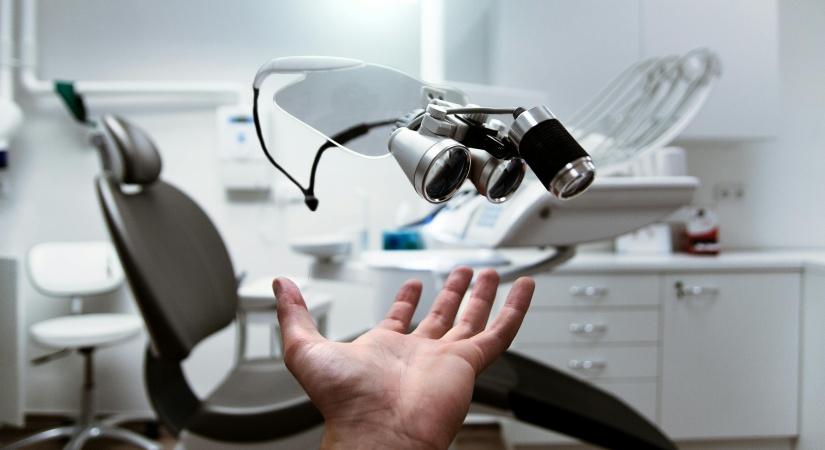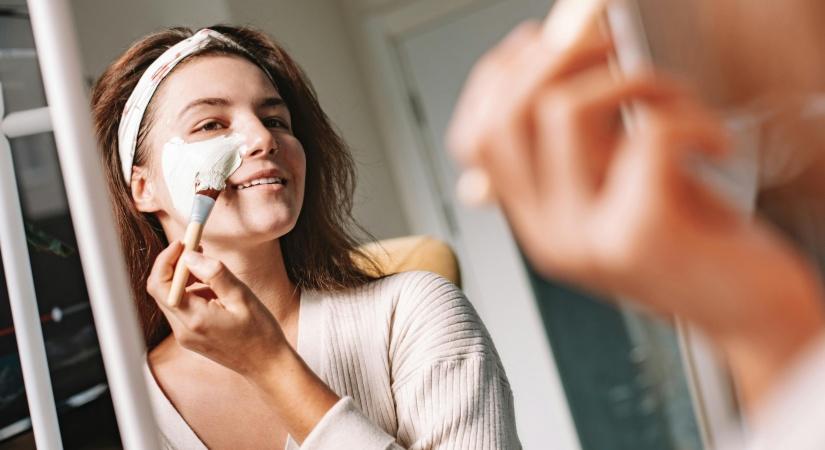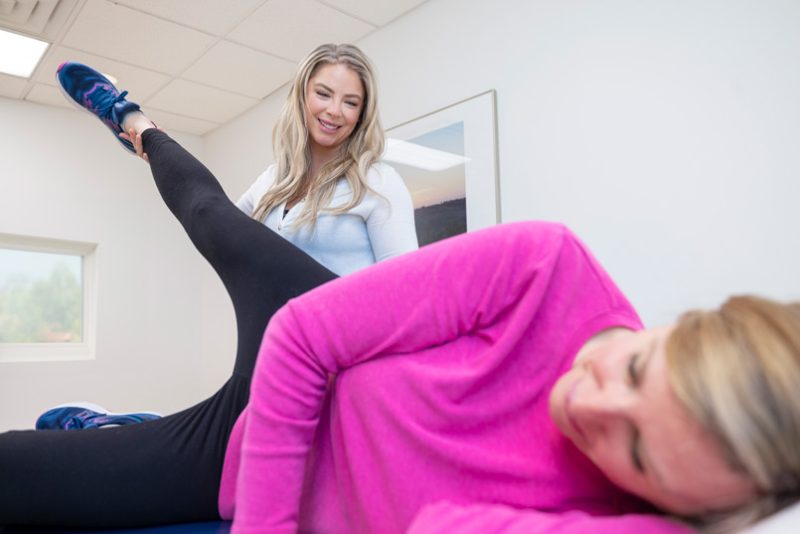Whether it is from the sun’s harmful UV rays or digital screens, protecting your eyes from potential damage is crucial. Invest in quality sunglasses that block both UVA and UVB rays…Writes Dr Rishi Raj Borah
As we grow older, our bodies experience a myriad of changes, and our eyes are no exception to this rule. After the age of 30, it becomes increasingly important to prioritize eye health to maintain optimal vision and prevent potential complications in the future. By implementing preventive measures and scheduling regular checkups, individuals can safeguard their eyesight and enjoy clear vision well into their later years.
Regular Eye Exams: The cornerstone of maintaining good eye health after 30 is scheduling regular eye exams with an optometrist or ophthalmologist. These professionals can detect early signs of eye diseases such as glaucoma, macular degeneration, and cataracts, which become more prevalent with age.
Know Your Family History: Understanding your family history of eye diseases can help you and your eye care provider assess your risk factors and take appropriate preventive measures.
Healthy Lifestyle Choices: Adopting a healthy lifestyle can significantly contribute to maintaining optimal eye health. This includes eating a balanced diet rich in fruits, vegetables, and omega-3 fatty acids, which support eye health. Regular exercise is also beneficial.
Quit Smoking: Although the detrimental effects of smoking on the lungs, heart, and other vital organs are widely recognized, its impact on eye health is often overlooked. Smoking increases the risk of developing various eye diseases. Quitting smoking can significantly reduce these risks and improve overall eye health.
Protective Eyewear: Whether it is from the sun’s harmful UV rays or digital screens, protecting your eyes from potential damage is crucial. Invest in quality sunglasses that block both UVA and UVB rays.
Practice Good Screen Habits: With the prevalence of digital devices in daily life, it is essential to practice good screen habits to prevent digital eye strain. Follow the 20-20-20 rule: every 20 minutes, take a 20-second break to look at something 20 feet away. This helps reduce eye fatigue and strain caused by prolonged screen exposure.
Stay Hydrated: Proper hydration is essential for maintaining overall health, including eye health. Drinking an adequate amount of water helps keep the eyes lubricated and can prevent symptoms of dry eye syndrome.
Maintaining optimal eye health after 30 requires a proactive approach that includes regular checkups, healthy lifestyle choices, and preventive measures. By prioritizing eye care and incorporating these habits into your daily routine, you can protect your vision and enjoy healthy eyesight for years to come. Remember, your eyes are precious—take care of them.
ALSO READ-Tips to save your sight during summers










